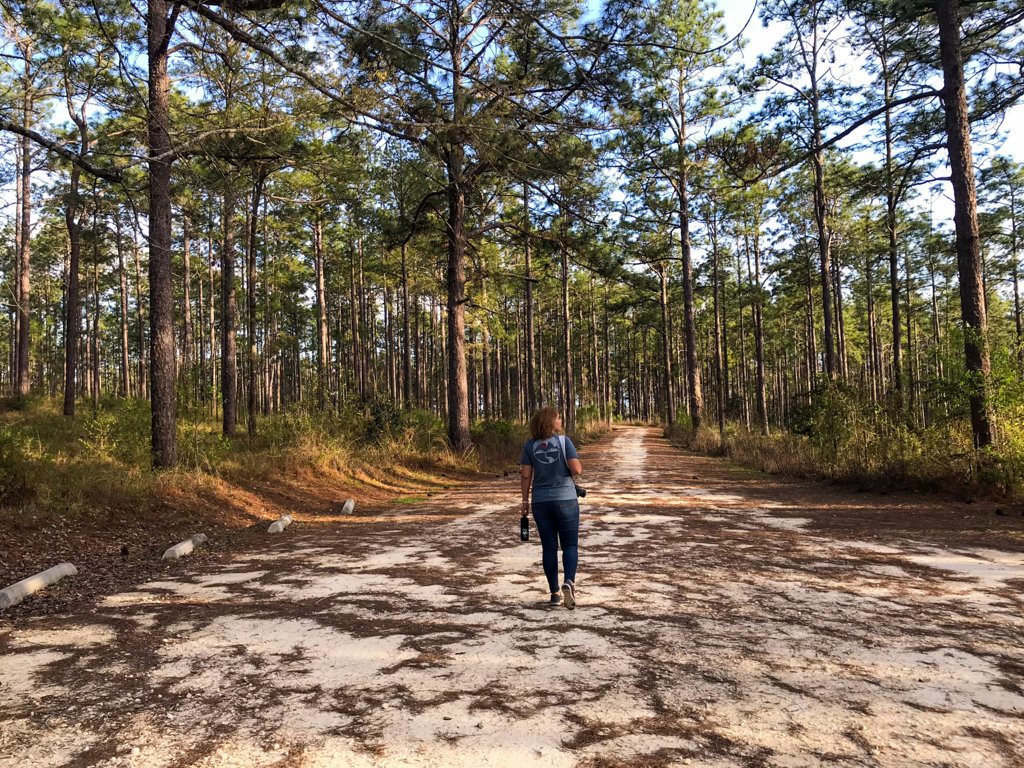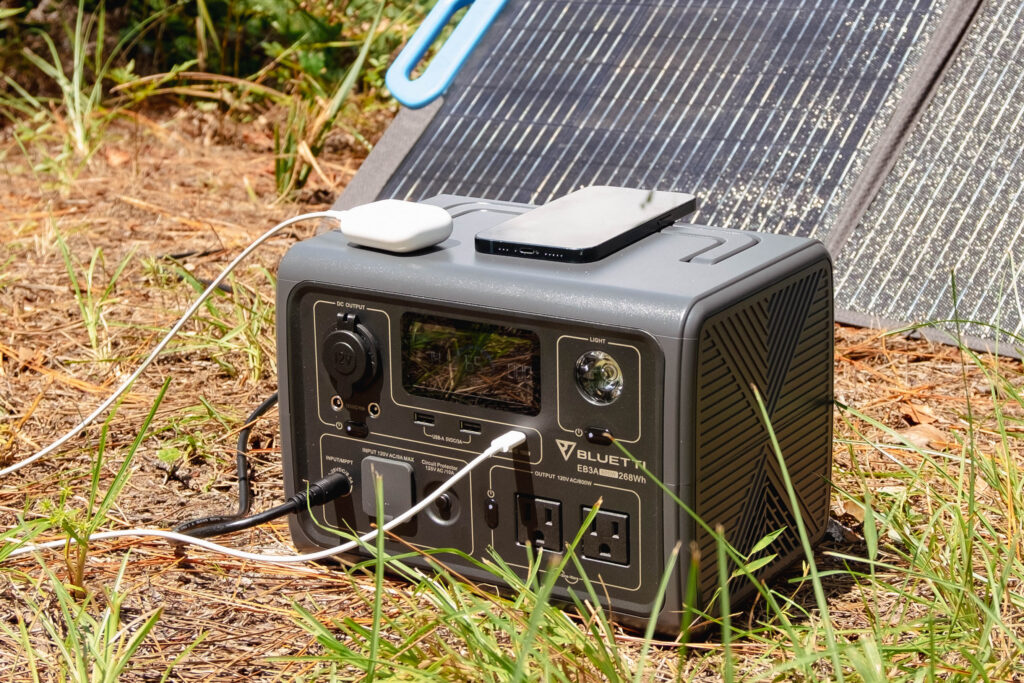Spending time in the great outdoors can provide endless benefits to both our physical and mental well-being. However, when we don’t apply eco-friendly outdoor practices and interact with the world around us in an irresponsible way, our time outdoors can do far more harm than good to the environment.
Disclaimer: Some affiliate links are placed in this content which means we receive a percentage of the revenue made from purchasing products via those links–at no extra cost to you. All of the opinions are our own. Thank you for supporting our blog!
Fortunately, there are plenty of ways you can both enjoy the benefits of being outdoors and support the planet at the same time.
As proud supporters of responsible outdoor recreation, we encourage others with tips on how to properly do the same.
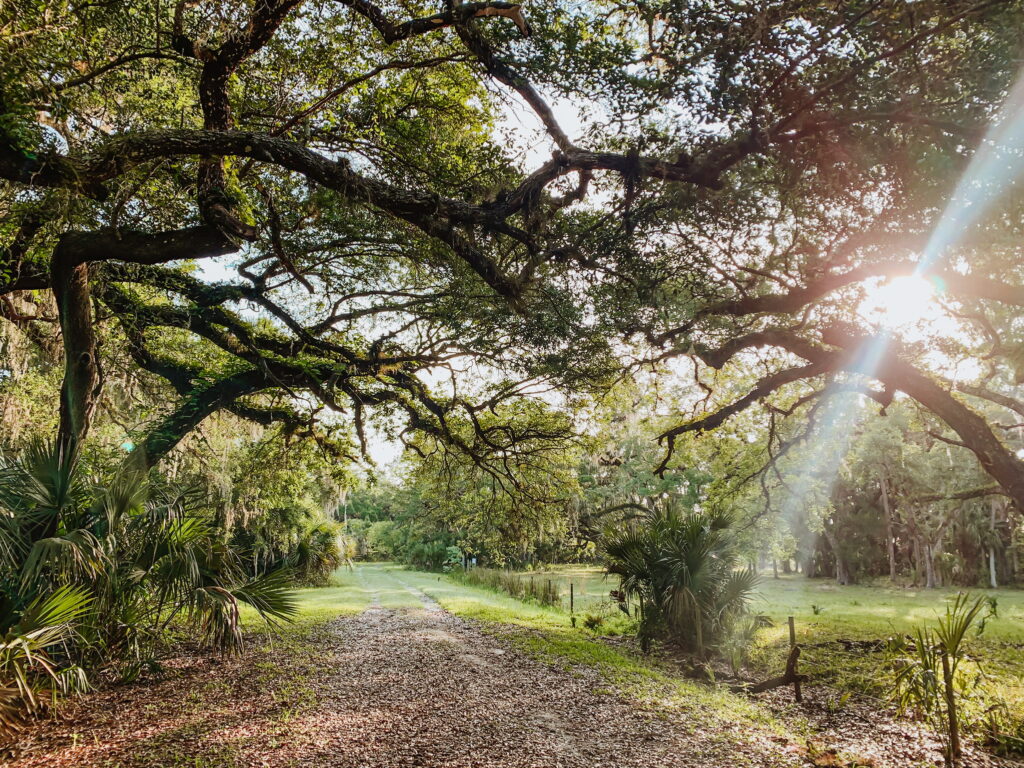
Reducing the Impact of Your Next Adventure: an essential part of eco-friendly outdoor practices
When embarking on your next adventure, it’s important to remember that even amidst all of the excitement, we have a responsibility to protect our great outdoors.
By incorporating eco-friendly outdoor practices into your journey, you can reduce the impact your adventures may have on the environment while still enjoying every single moment.
[BTEN id=”2594″]
What Are Some Eco-Friendly Practices?
When it comes to enjoying the great outdoors while minimizing our carbon footprint, there are numerous eco-friendly outdoor practices that we can adopt.
In my opinion, one of the most basic but essential ones is switching to reusable water bottles instead of single-use plastic ones. This helps tremendously in reducing waste and preventing plastic from ending up in our oceans and in the great outdoors.
Another eco-friendly practice is opting for mineral-based sunscreen that not only protects us but also ensures that marine life remains unharmed when we’re swimming in the ocean.
As a certified SCUBA diver who supports ocean awareness, this is one of the most important things to me.
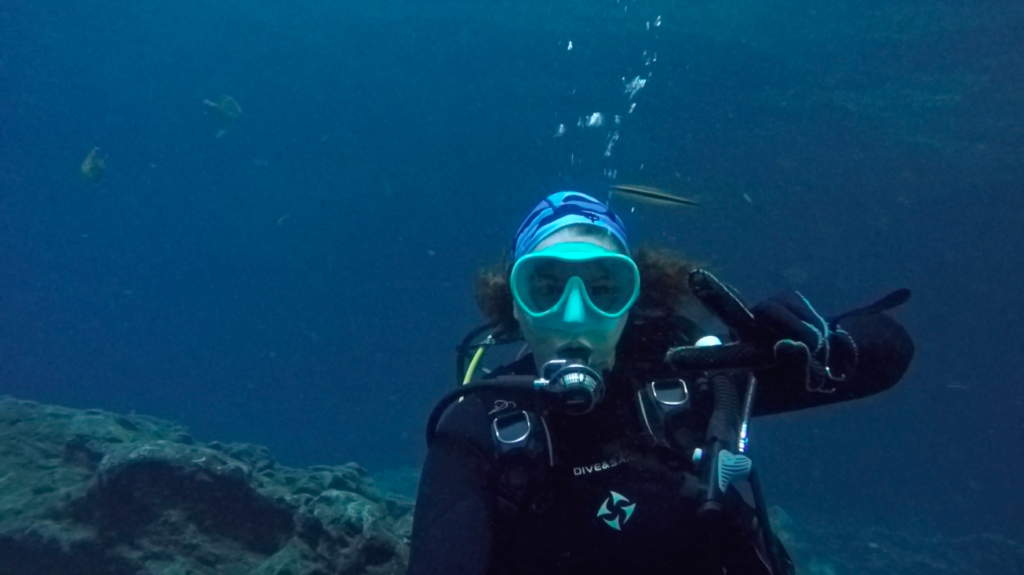
If you love camping, you can practice sustainability by using solar-powered generators and lanterns or cooking with clean-burning stoves rather than relying on disposable batteries or fossil fuels.
And for that which we all love, when you’re out hiking, please hike responsibly by staying on marked trails. This helps preserve delicate ecosystems and avoids trampling fragile plant life underfoot.
Let’s explore more eco-friendly outdoor practices that should consider to reduce the impact of your next outdoor adventure.
1. Invest in Sustainable Equipment
There are plenty of ways you can factor sustainability into your trip before you’ve even taken the first steps on your journey.
While you’re preparing, make sure to think about your choice of equipment and whether you could make more sustainable choices.
If you’re doing primitive camping or staying in the backcountry, sustainable generators are a great eco-friendly solution for staying connected.
Nowadays, many companies in the industry are looking to offer more eco-friendly alternatives to essential items like backpacks, water bottles, sleeping bags, and even clothing made from hemp.
These items are often made using organic materials, replacing plastic and harmful chemicals that are commonly used during the manufacturing process.
Although an environmentally friendly product may cost a little extra than the standard ones, the materials used will be extremely high quality and will stand the test of time.
This means they’ll need replacing less often and will create less waste. In addition, you can travel around with peace of mind, knowing that your equipment isn’t having a negative impact on the environment.
2. Adopt the ‘Leave No Trace’ Principles
If you’ve been with us for a while now, you already know how much we support the Leave No Trace organization and concept.
I personally feel like it’s very important to talk about this as many times as needed. Taking care of Mother Nature is our responsibility and it’s also a way of preserving this gift that has been given to us.
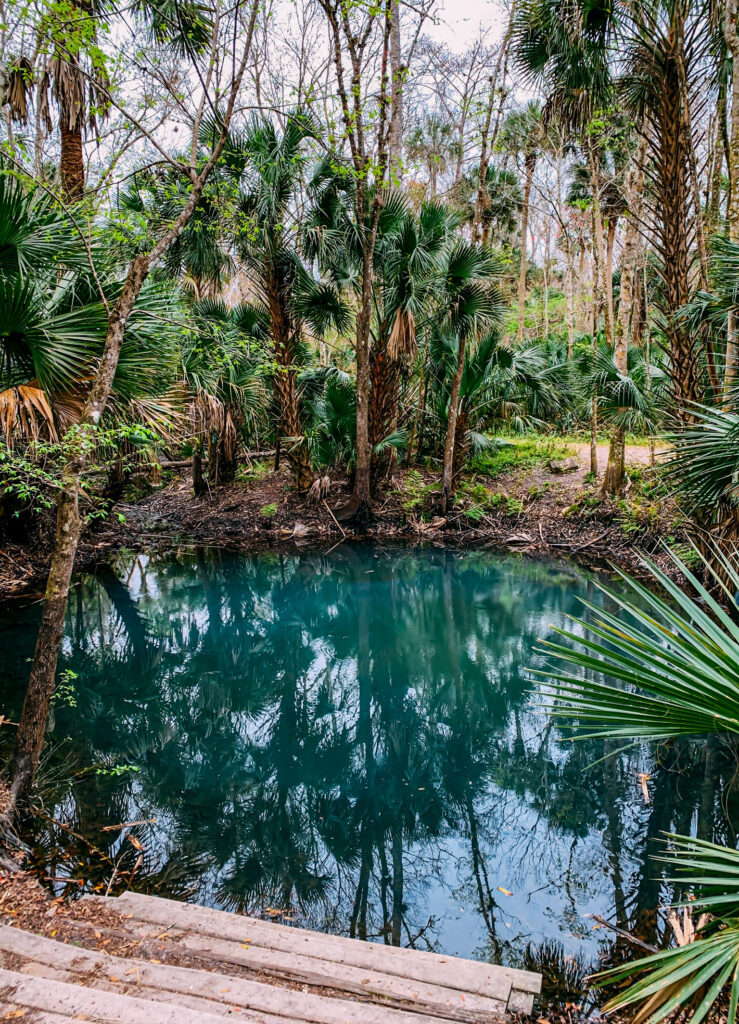
The Leave No Trace principles are an important part of your eco-friendly outdoor practices. Furthermore, apart from being a great way to keep your adventures sustainable, following these principles also allows you to minimize the impact you have on the environment.
There are seven key principles to follow:
- Plan ahead and prepare
- Travel and camp on durable surfaces
- Dispose of waste properly
- Leave what you find
- Minimize campfire impacts
- Respect wildlife
- Be considerate of other visitors
No matter whether you’re planning a big expedition to one of our beautiful national parks or just trying out a local hiking route, these seven principles can be applied to a trip in any location.
The Leave No Trace standards have been set out with the intention of allowing people to still enjoy nature without disrupting it.
If we can all follow this approach whenever we embark on an outdoor adventure, we’ll be able to keep the wilderness in its natural splendor for future generations to enjoy.

3. Plan Your Journey
There’s a lot to be said for those spontaneous adventures that allow us to stumble across new places we never knew existed. Heck, sometimes these are the most incredible ones of all!
But being the planner that I am, I should also tell you that if you’re looking to minimize the impact of your outdoor adventures, do a bit of trip planning before setting off.
Additionally, applying these eco-friendly outdoor practices can make a significant difference.
For starters, think about the journey to your destination. If you’re traveling in groups, consider organizing a carpool to minimize your collective carbon footprint.

It’s also important to research the place you’re visiting, since some regions may restrict certain behaviors or practices. This is especially true for national parks, where it’s vitally important to practice responsible tourism.
Be sure to look up where the designated campsites are located if you’re planning on spending a night in the wild, and also keep a close eye on the weather forecast.
While we can’t control the weather, it’s always best to avoid hiking in snowy or wet conditions, since you can do severe damage to trails by walking on them when they’re wet or icy.
Without a doubt, planning ahead helps you to get the most out of your adventure while minimizing its environmental impact.
4. Support the Places You Visit
There are plenty of ways to support the areas you visit beyond just adopting good eco-friendly outdoor practices and habits.
If you have the means, consider getting involved and supporting a park’s efforts in conserving the local environment.
Lots of regions of outstanding natural beauty across the country rely on charitable donations and the work of volunteers to preserve them for future generations.
Next time you plan on visiting a new park or reserve, consider leaving a little something behind to support the wildlife that lives there and their initiatives for cultural and natural protection.
Final Thoughts
By adopting these simple yet effective eco-friendly outdoor practices, we all have the power to make a positive impact on our planet while still enjoying the great outdoors.
From practicing Leave No Trace principles and reducing waste to embracing sustainable equipment options and supporting outdoor ethics, these are great ways in which to contribute towards responsible outdoor recreation.
We hope to count on you to adopt eco-friendly outdoor practices that will ensure that we can all enjoy the beauty this world has to offer!
Save for Later!


Hey, I’m Yanitza 👋 Adventure Travel & U.S. Destination Specialist, travel writer, and hidden-gem hunter with over 8 years of experience helping travelers explore deeper and travel slower. I specialize in crafting authentic, stress-free adventures from small towns to scenic hikes and scuba dives. I’m a firm believer that the best stories happen when you venture beyond tourist hotspots. When I’m not planning getaways or writing travel guides, I’ll probably be home rewatching The Vampire Diaries like it’s my job and daydreaming about future adventures in Spain.

